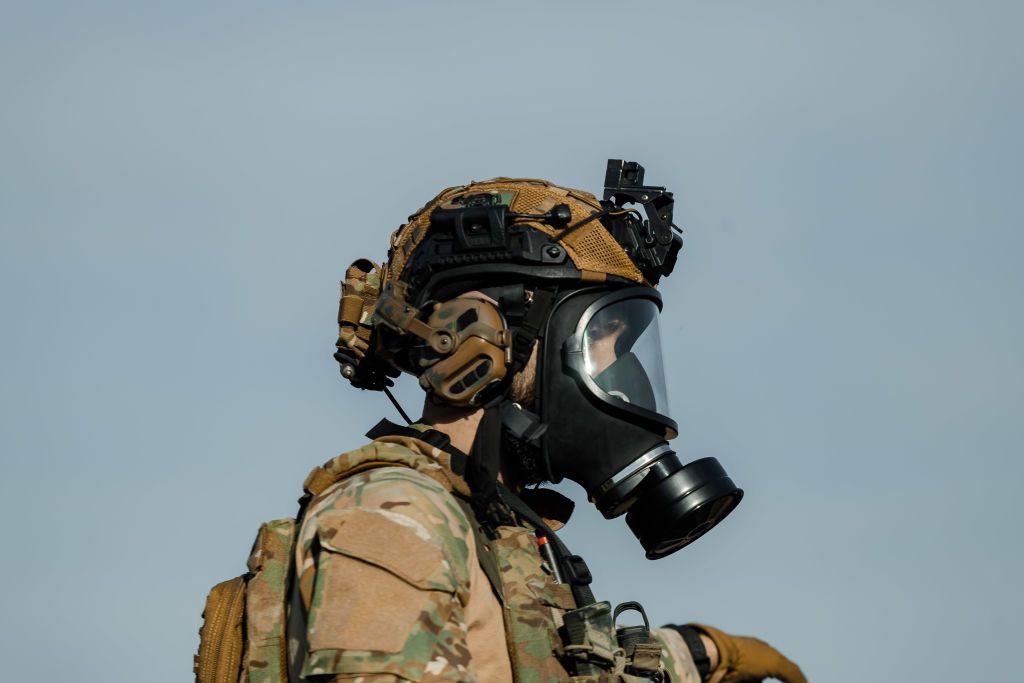Since the start of Russia’s full-scale invasion of Ukraine, more than 2,000 Ukrainian servicemen have been hospitalized with chemical poisoning, and three have died, Ukrainian Colonel Artem Vlasiuk said during a Dec. 13 press briefing.
A total of 4,800 incidents involving chemical weapons, including tear gas and chemical agents typically intended for riot control, have been documented against Ukrainian forces since the war began, said Vlasiuk, who serves with the Support Forces’ Radiation, Chemical, and Biological Protection Command, at a briefing in Kyiv.
Russian forces deliberately conceal their use of such weapons under the cover of "intense artillery, rocket, and bomb attacks," making it difficult to track, collect samples, and investigate these violations for prosecution against Russia.
In an interview with the Kyiv Independent in October, Vlasiuk said the lack of specific equipment has hindered the Ukrainian military’s ability to identify new or mixed types of gases and develop effective protective measures for its personnel.
He added that since the invasion began, more than 2,000 servicemen showing symptoms of chemical poisoning have been treated in military and civilian medical facilities for varying levels of exposure to known or unidentified substances.
"As for the deceased servicemen, unfortunately, we now have three such fatal cases," he said.
"Currently, the intensity of K-51 tear gas grenade use has somewhat decreased due to the climate, as temperature drops reduce their effectiveness," he added.
He noted that the use of K-51 tear gas grenades by Russian forces has recently decreased due to colder temperatures, which reduce their effectiveness.
"These means are prohibited for use. Ukraine, as a signatory to the Chemical Weapons Convention, and its Armed Forces, which safeguard its independence and sovereignty, fully comply with international law and the requirements of the Convention."
His remarks come after the Organization for the Prohibition of Chemical Weapons (OPCW), a United Nations watchdog, confirmed on Nov. 18 that riot control agents have been used on the battlefield in Ukraine.
The OPCW reported that Russian drones have deployed gas grenades into Ukrainian dugouts and trenches, forcing soldiers into open fields where they are left vulnerable to drone strikes and artillery fire.














